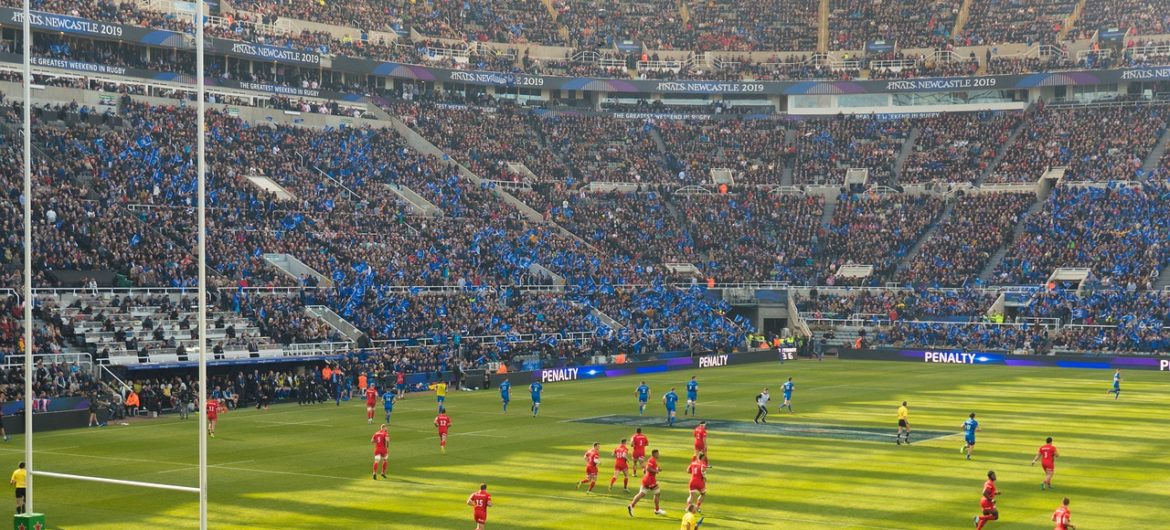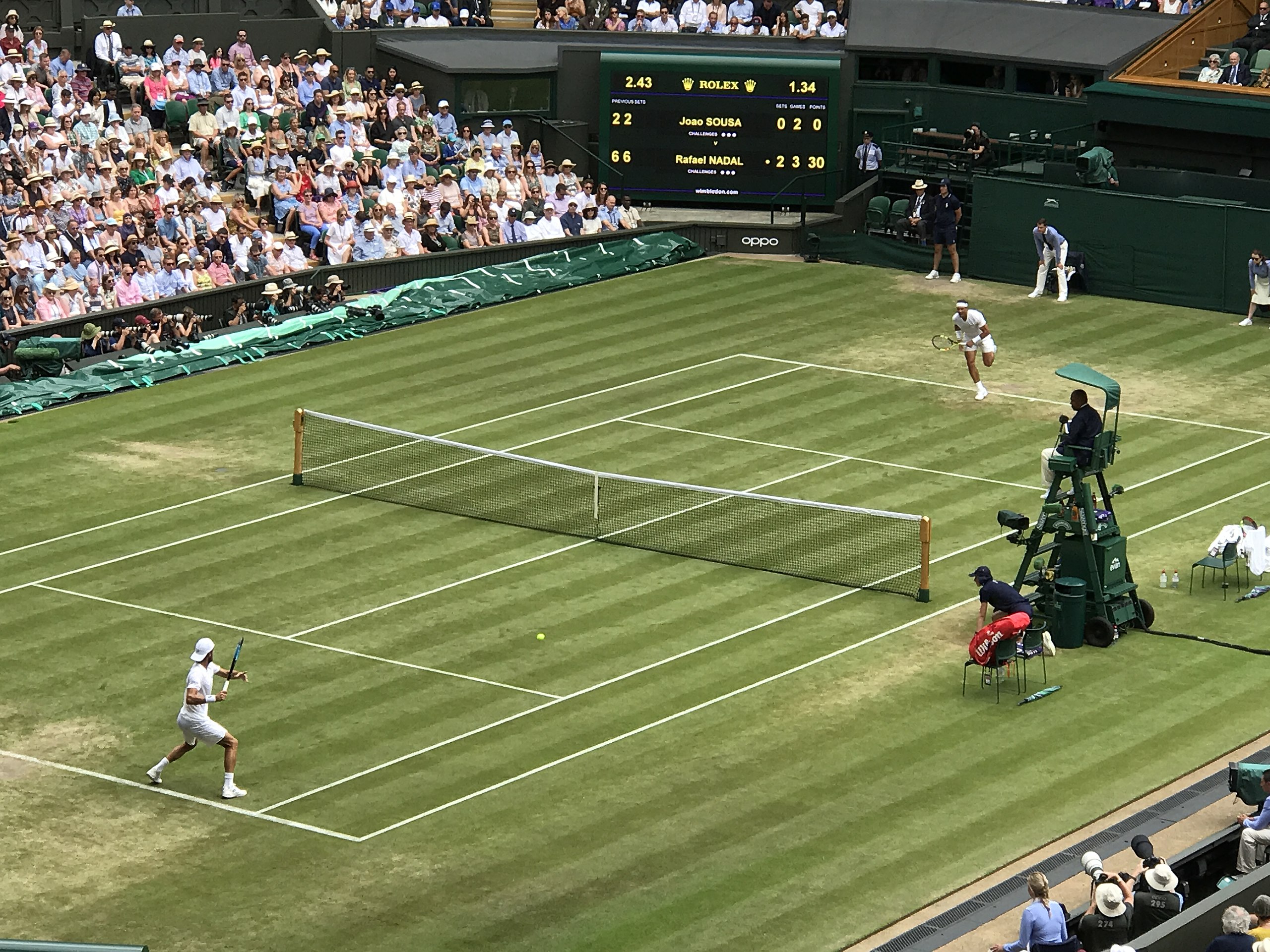By Jed Sexton
In the last five seasons Saracens RFC have won four domestic league titles, three European cups and one domestic cup. This level of dominance in club rugby is unprecedented with many viewing the team that coach Mark McCall has assembled as the greatest in history. But how did they do it given the wage constraints placed on them? How did they manage to outclass every other English sides consistently? How could they compete with the French ‘super clubs’ with their array of southern hemisphere signings?
Under Gallagher Premiership laws, clubs cannot spend over £7,000,000 per year on players’ salaries as of 2017. This was put in place to encourage competition in the league and stop more financially strong gaining an advantage. This seemed to make Saracens period of dominance all the more impressive, especially considering that the salary cap for French domestic squads is around 40% greater than in England. Although naturally this led to many sceptics to question the legitimacy of their success with the 2019/20 campaign proving to be the falling of the great empire.
On the 5 February 2019 Saracens RFC confirmed that Elliot Daly would be joining the club for the start of the 2019/20 season from London Wasps. This acquisition raised many questions as he would become the 14th Saracen at the 2019 Rugby World Cup and the 8th in the club to represent the British and Irish Lions in 2017, far exceeding any other club in the league.
The first official allegations against Saracens breach of the salary cap came a month later in March from an article in the Daily Mail. They claimed that chairman Nigel Wray had exploited loopholes in order to keep their official club contracts below the threshold such as going into business with some of the players. Wray responded to these allegations saying, “investment is not salary” and that Saracens are “open and transparent’ in relation to the salary cap.
However, on the 5 November 2019, just 3 days after England lost the World Cup final to South Africa, the Premiership officially docked Saracens 35 points and fined them £5.36million for breaching the salary cap for the three previous seasons. It was reported that Saracens were around £2million over the threshold in the 2018/19 season which is roughly a staggering 30% of the total allowance. Saracens stood at the bottom of the Premiership table on -26 points, a tough blow but arguably recoverable for a side of Saracens’ calibre.
Although there were initially plans from Wray to appeal the sanctions, these plans were dropped less than two weeks later with Wray subsequently stepping down from his role. The new chairman Ed Griffiths admitted that players must be offloaded in order to fall under the £7million cap for the 2019/20 season; failure to do this could potentially result in further sanctions.
Saracens responded to this saying they were “devastated” by the “heavy handed” sanction. However, others believed that Saracens had not been punished hard enough notably the owner of rivals the Exeter Chiefs Tony Rowe. He had been a notorious critic of the Saracens regime for a number of years and had regularly accused Saracens of breaking the rules; Rowe came out the next day calling for Saracens to be relegated from the Gallagher Premiership as he felt that his club had been cheated out of a number of titles.
This was indeed the case and on the 19 January when Saracens were officially relegated from the Premiership after being deducted a further 70 points.
One major concern from this is for the international players at Saracens who make up the core of the England national team. Playing in the division below will mean they will not be competing at the highest level, which will probably mean their progression will slow and perhaps damage future England performances. Since the majority of other clubs are already at their maximum salary caps and the RFU’s overseas rules means England players must be playing in England, this means it will be very difficult for these players to find new clubs.
The question is now, who was really at fault? Were the governing bodies too slow to deal with the issue which had been rumoured for years before? An investigation was launched in 2015 but with no findings of breaches. Was it the arrogance of Saracens to continue to break the rules despite apparent knowledge of their wrongdoings? Are the players at fault for blindly walking into a club that appeared to acquiring players well out of their capabilities? These are questions that must be answered in order to avoid another situation like this happening again in the future which has been very damaging for the sport.



